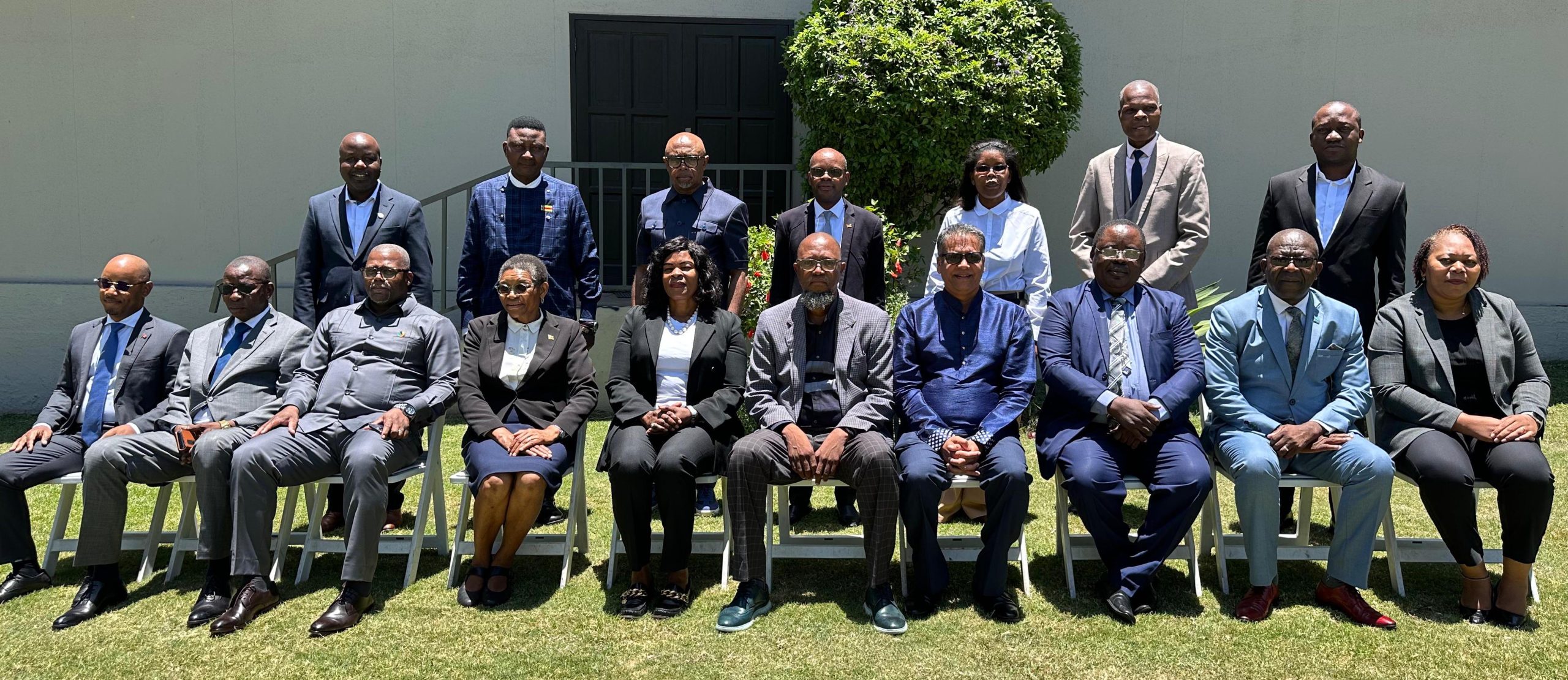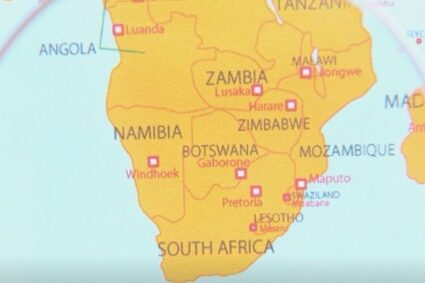
Harare, Zimbabwe – Member States of the Southern African Development Community (SADC) convened in Harare from February 4-7, 2025, to find lasting solutions to the persistent challenges at the Kasumbalesa border post, which connects the Democratic Republic of Congo (DRC) and Zambia.
The meeting, facilitated by the SADC Secretariat and financially supported by the German Federal Ministry for Economic Cooperation and Development (BMZ), brought together public and private sector stakeholders from ten affected Member States: Angola, Botswana, DRC, Malawi, Mozambique, Namibia, South Africa, Tanzania, Zambia, and Zimbabwe. Representatives from the Common Market for Eastern and Southern Africa (COMESA) Secretariat also participated.
Key issues on the agenda included border congestion, trade facilitation, infrastructure, and growing security concerns, particularly for truck drivers and traders. The discussions focused on refining the Framework of Collaboration and Action Plan agreed upon by DRC and Zambia on May 9, 2024, in Kinshasa, as well as preparing for a high-level SADC Inter-Ministerial Task Force meeting. This task force, consisting of ministers responsible for trade, transport, security, immigration, and infrastructure, was mandated by the 44th SADC Summit in August 2024.
Participants acknowledged that the challenges at Kasumbalesa have a ripple effect, impacting the efficiency of the entire North-South Corridor and other strategic trade routes. To mitigate these issues, the meeting proposed a corridor-wide approach that integrates customs and trade facilitation, transport infrastructure development, security measures, and streamlined immigration processes.
An action matrix outlining key recommendations was also developed to enhance trade facilitation along the North-South Corridor, ensuring smoother cross-border movement of goods and people.
As SADC member states push for regional economic integration, stakeholders expressed optimism that the agreed-upon measures will address the longstanding issues at Kasumbalesa and enhance trade efficiency across the region.


